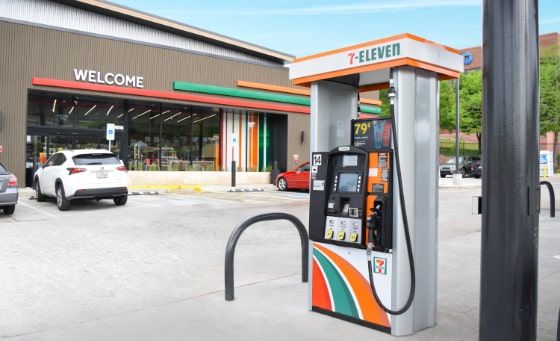The U.S. Federal Trade Commission (FTC) ordered the sale of hundreds of retail stores on Friday following 7-Eleven’s anti-competitive acquisition of $ 21 billion of retail fuel chain Speedway.
Both companies agreed to sell hundreds of stores used to sell gasoline and diesel fuel in 293 local markets in 20 US states to resolve the FTC’s charges that 7-Eleven’s acquisition of the Marathon’s Speedway subsidiary violated federal antitrust laws. .
7-Eleven consummated the acquisition on May 14, 2021, although the company knew that the acquisition violated Section 7 of the Clayton Act and Section 5 of the FTC Act.
A subsidiary of Tokyo-based Seven & i Holdings Co., Ltd., 7-Eleven owns, operates and franchises approximately 9,000 convenience stores in the United States, making it the largest convenience store chain in the United States. USA.
Almost half of 7-Eleven stores also sell fuel.
Meanwhile, Marathon operates a vertically integrated refining, trading, retailing and transportation system for petroleum and petroleum products.
Before the shutdown, Marathon controlled Speedway, which operates nearly 4,000 fuel outlets across the United States.
7-Eleven
According to the complaint, the retail markets for gasoline and diesel fuel are highly localized and consumers have no economical or practical alternatives to the retail sale of gasoline or diesel fuel.
In addition, the lawsuit alleges that the acquisition will hurt competition for the retail sale of fuel in 293 local markets throughout Arizona, California, Florida, Illinois, Indiana, Kentucky, Massachusetts, Michigan, North Carolina, New Hampshire, Nevada, New York. , Ohio, Pennsylvania, Rhode Island, South Carolina, Tennessee, Utah, Virginia, and West Virginia.
Likewise, in 140 of those markets, competition for gas retailing will suffer; in 29 markets, competition for the retail sale of diesel will be harmed, and in 124 markets, competition for the retail sale of both types of products will be harmed.
The complaint alleges that without a solution, the acquisition reduces the number of independent competitors to three or fewer in each of the 293 markets.
![]()

